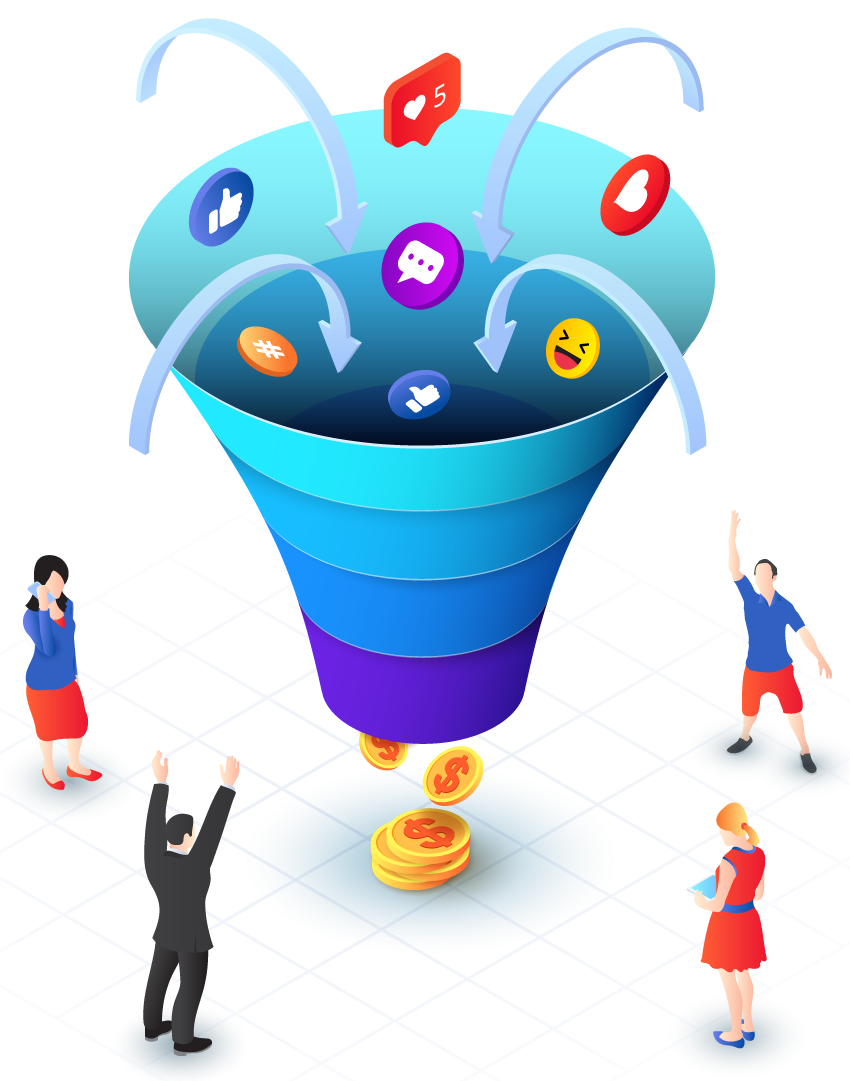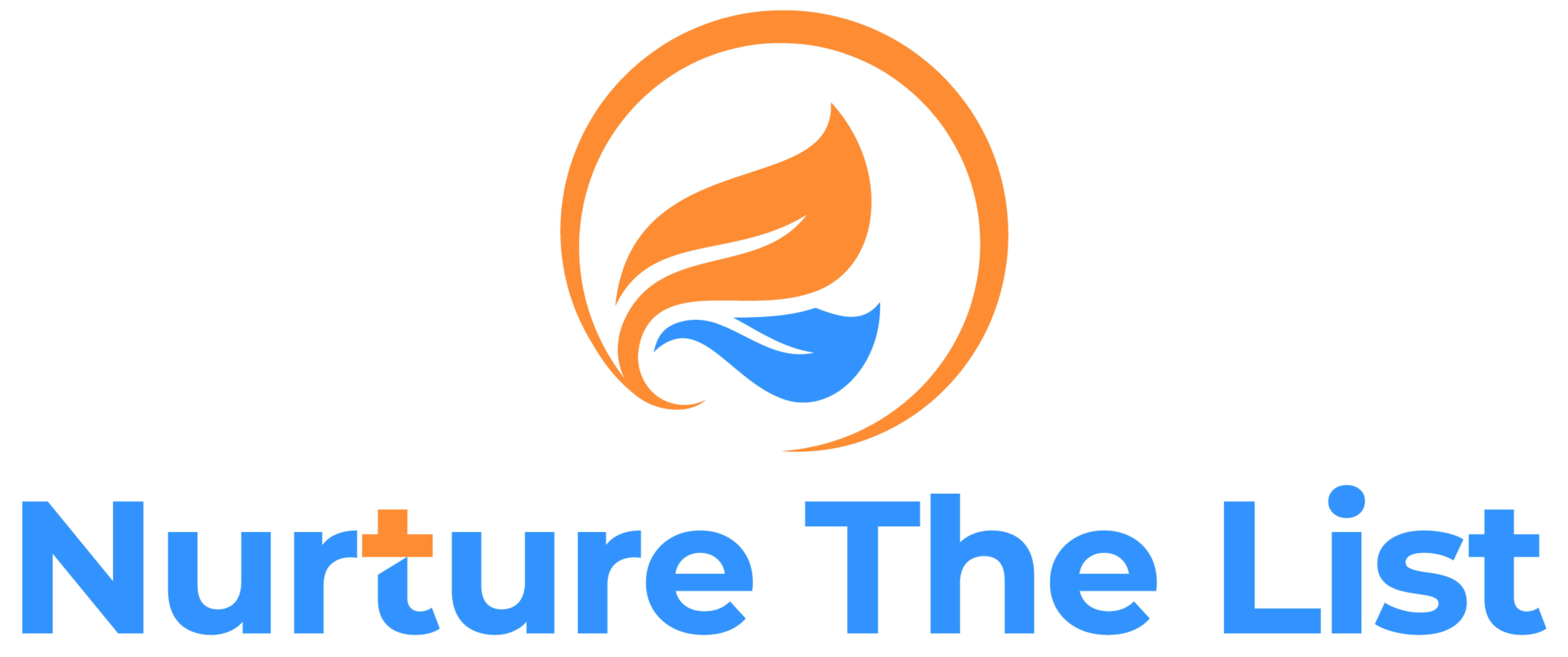The Power of Precision: Building Targeted Sales Funnels
Power is about exerting the most amount of physical force that you can in order to accomplish a task, such as moving a rock or opening a jar. Precision, on the other hand, is about being able to create very specific configurations of matter with a relatively small amount of force. Both of these are critical to human survival, from hunting and gathering to using tools to build houses and cars. Understanding what each one is able to do and how they can be used will improve your chances of success in business.
A sales funnel is a useful model to determine how many potential customers you have, what percentage will make it through your marketing, and what percentage will actually purchase the product or service. Most businesses will have a number of different levels and stages in their sales funnels, ranging from awareness (the point at which your targeted customers first learn about your brand) to the point where they decide to buy your product.
In addition to determining how much of your pool of potential customers can be converted into paying customers, sales funnels can help you better understand the effectiveness of your marketing efforts and the strengths and weaknesses of your marketing team. An effective sales funnel will save you time and money by transferring to your sales team only those leads who are likely to become actual paying customers.
It will also help you identify and resolve any issues in your sales process that may be hindering your conversion rates, such as misalignment between your marketing and sales departments. Finally, it will give you insight into what kind of content your target audience is interested in and how to best serve their needs.
For example, a software-as-a-service company that sells project management solutions will want to get their potential customers interested in their product by making them aware of it through online ads, marketing and email campaigns. Then they will need to nurture and qualify those leads by delivering sales pitches and conducting product demos. Finally, they will need to provide customer support and help them implement their new software.
For example, a project management software like Basecamp gets people into their sales funnel by offering a free trial of their products. This will allow the prospect to see if they are comfortable with the software and determine whether it is an appropriate fit for their organization before they start purchasing it.
Once a purchase is made, the project manager will need to follow up with the client, providing assistance and training, as well as creating a strong retention strategy that will encourage repeat purchases. Having an effective sales funnel will enable you to create more effective strategies for all the stages in your sales cycle. By learning about the unique needs of your targeted customers and building an appropriately tailored sales strategy for each stage, you can maximize your conversions and ensure that your marketing budget is being spent wisely.

Learn how To build sales funnels
Subscribe To My Email List And Get Updates On Building Effective Sales Funnels That Generate Leads & Sales In Your Business.
My Recent Posts
All-in-One Sales Automation Platform
Check out my recent post on all-in-one sales and marketing tools and what I think of it.
Sales Funnels
Check out my recent post on sales funnels and what I think about them. Are they still worth it?

The Same "about me" text you wrote on your about me page; you want to write it here or write an excerpt of it here. Just make sure it makes sense, and looks complete if you're going to write an excerpt. So delete this text and add yours on every article page.
Martin Withers
©Copyright 2024 Nurture The List
Office 520
3 Fitzroy Place
Glasgow Central,
G3 7RH
UK
